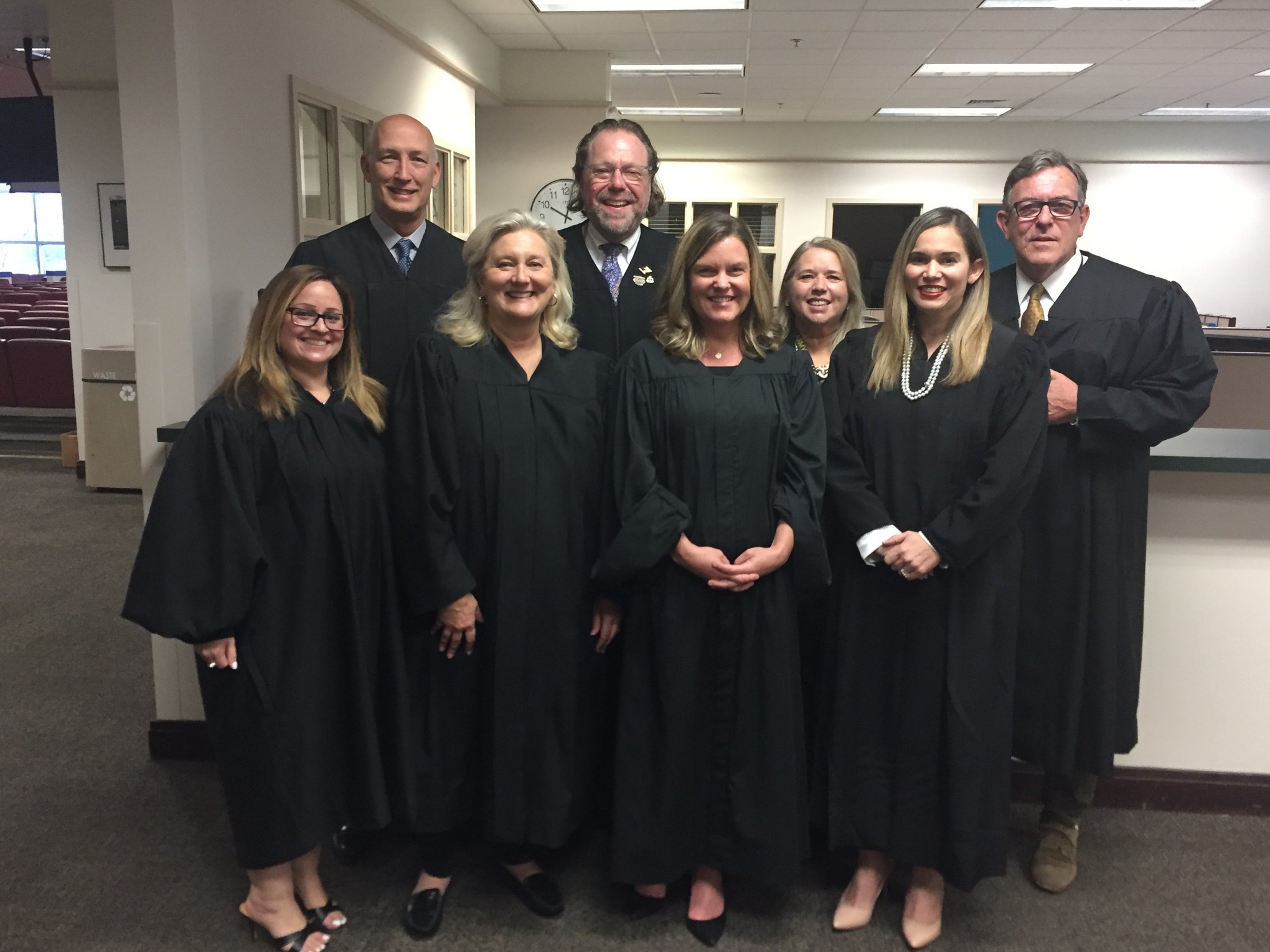
A Closer Look: The Ninth Judicial Circuit Court
If you ask residents the first three things that come to mind when they think of the courts, they would most likely say: jury duty, paying a traffic ticket, and high-profile cases. Considering that high-profile cases are not nearly as common as the nightly news makes them out to be, and the Orange County Clerk of Courts collects payment for traffic tickets and all other court-related fees, that leaves jury duty – which is just the tip of the iceberg at the Ninth Judicial Circuit Court.
The Ninth Judicial Circuit is located in the heart of Central Florida and is one of 20 judicial circuits in the state. Serving Orange and Osceola counties, the Ninth Circuit covers over 2,000 square miles and serves more than 1.3 million residents, making it one of the largest circuits in Florida.
So, what does the Ninth Circuit do? Here are the 5 most popular services the Ninth Circuit provides:
- Jury Duty
The right to a trial by a jury of your peers is one of the most fundamental principles of our justice system. It is guaranteed in the Constitution, and is ensured by residents showing up to jury duty. In 2018, more than 180,000 people were summoned for jury duty.
- Court Interpreting
There are more than 160 languages spoken in our Circuit on any given day. Justice can’t be served if residents don’t understand what’s happening and can’t participate in your case because they are not fluent in English or are deaf. If language is a barrier in accessing the courts, court interpreters remove that barrier. On an average month, interpreters are present in more than 1,000 proceedings.
- Court Reporting
Justice shouldn’t rely on a judge or jury’s memory, and no one should be so busy taking notes that they miss half of what’s going on. Justice is best served if there is an official, word-for-word record of what happened in the courtroom. Court reporters capture the verbatim spoken word transcript and translate it into written text. There are more than 16,000 transcripts produced each month, and you can request a copy of a transcript at any time.
- Family Court Case Management
The court will provide residents with a case manager if they don’t have legal counsel and if they are representing themselves. Those handling things on your own are referred to by the Latin legal term – pro se litigant. It is the primary focus of family court case managers to help pro se parties navigate their hearings. Case managers helped more than 19,000 people through family court in 2018.
- Problem Solving Courts
Courts are designed to hold people accountable for their crimes, but when the courts hold someone accountable while also addressing the underlying reasons why they committed the crime, the likelihood of a repeat offense drops significantly. The Unified Problem Solving Courts Division of the Ninth Circuit does just that – pairing accountability with treatment. There are nine problem-solving courts across Orange and Osceola counties. These courts include early childhood court, drug court (adult, family and juvenile), mental health court and Veterans treatment court. The division has been immensely successful, with 381 active cases in Dec. 2018.
Orange County Government’s “A Closer Look” newsroom series provides residents with short, need-to-know information about the different constitutional offices that serve the County. This news story was written in partnership with Orange County Government and the Ninth Circuit Court of Florida. For more information about the Ninth Circuit Court of Florida visit NinthCircuit.org and connect with them on Facebook, Twitter and Instagram at @NinthCircuitFL.
Photo Caption: (L to R) Judges Carly Wish, Don Myers, Evellen Jewett, Steve Jewett, Amy Carter, Tina Caraballo, Gisela Laurent, and Bob LeBlanc.
